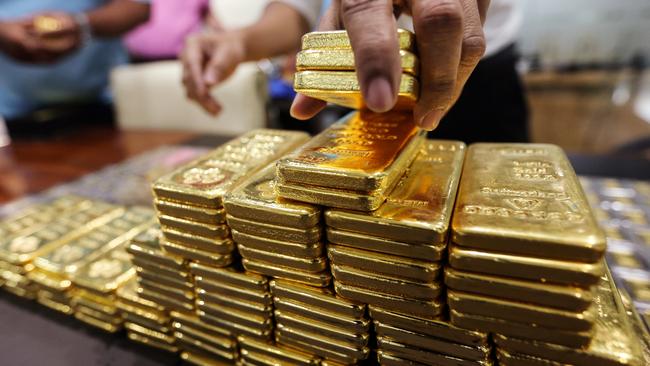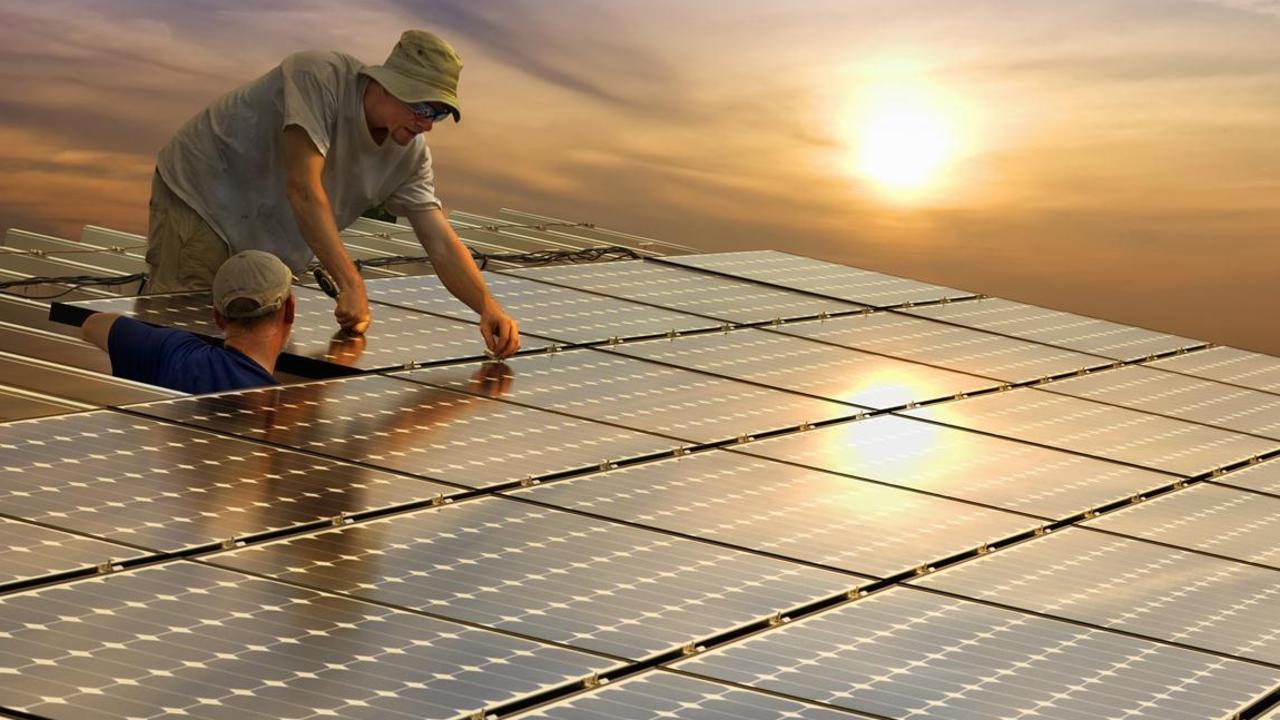A golden moment to reconsider collectibles

As a successful investor, once you have paid off your debts and “capped” up on your super there is another wealth class you might consider: it exists somewhere between investment and lifestyle assets.
First some definitions. Your home is a lifestyle asset. While some like US author Robert Kiyosaki argue it is a liability by taking money out of your pockets, Australians benefiting from the long property boom would disagree.
Investment assets are those things you demand an income from. The big three are: shares, property and debt (bonds and cash). To simplify, let’s say strategies speculating on the price of these plus commodities is also investing.
In between is anything that acts as a “store of value”. These you demand hold their real value, measured in buying power not depreciating dollars. They need not pay income and can cost money to hold and transact. You may or may not enjoy their use. They should help with your attempts to diversify. They should make you feel secure — especially if you worry about extraordinary government money creation, borrowing and inevitable increased taxation.
Stores of value includes metals we consider precious, especially gold, silver and platinum. The ATO thinks these are precious too, exempting their resale from GST (provided they are 99 per cent or more pure and not valued more for other purposes like jewellery).
While today’s “fiat” currency is no longer exchangeable for gold and silver, central banks still hold gold to give you confidence. When confidence falls, the price of gold often rises. When confidence returns, the gold price generally falls. Many have a tarnished experience with gold, buying high and selling low.
Despite swings in value, precious metals should maintain purchasing power. It is said one gold ounce will always buy a good suit. Over the past 30 years, 400 ounces would buy a median-priced Australian home.
In an Armageddon scenario, cheaper silver might make a better medium of exchange. Today many are speculating that institutions might be short of it and hope to squeeze them like GameStop. While using platinum to scrub diesel pollutants wanes, other uses like generating electricity from hydrogen might increase its demand.
Ingenious as it is, bitcoin is not a store of value, being so highly volatile. Since I’m over 55 I’m told my suspicion that cryptocurrencies are digital tulips isn’t a store of value either.
Stores of value include collectibles although importantly most things collected aren’t. I don’t think my friend’s full closet of unopened boxes of sneakers is a store of value — but inherent with collectables is that I could be wrong.
Probably no more than art from 50 or so Australian artists, mostly dead, could be considered a reliable store of value. Transaction costs of around a third mean you have to hold it for at least a decade. Sorry, you still can’t enjoy your SMSF’s art.
Such are the poor prospects for gain that the ATO doesn’t even want to know about the price you sold your car. While a few iconic Australian muscle and classic European cars will appreciate, expect tastes to change as cars electrify.
Digitisation questions whether past stores of value like stamps, manuscripts, first edition books, coins and currency will stay in demand in 2050. It’s unclear if millennials even know what is now disparaging called “brown furniture”. Perhaps ask Paul Keating about antique clocks.
Gemstones including diamonds are a portable store of value, but on resale their value can disappoint. Probably whatever is hidden and transacted within Swiss (duty) “Freeports” is valuable.
Yes, a holiday house could be a store of value — say if bought in your 50s to sell in your 70s if your other investing doesn’t pan out. For those stuck in a large house, maybe those extra rooms are a tax-free store of value.
Instead of selling, hire a cleaner and gardener and avoid finding out if you like Body Corporate living.
Governments like property also as it is an immovable asset and you can’t run from Australia’s only asset taxes. Wealth and estate asset-taxes are a proposed solution to wealth inequality. If that worries, remember your children might be a store of value.
Not long ago when money had an opportunity cost of 6 per cent, many stores of values couldn’t keep up and so were just luxury consumables. Now 90 per cent of the world’s bonds and 100 per cent of bank deposits yield less than 2 per cent — a reasonable guess for inflation. Add in worries about central bank-inspired record shares and property prices, the economic case for putting money into something that will just keep up with inflation has never been stronger. In fact, their prices may soar next.
Dr Douglas Turek is principal adviser with Professional Wealth


